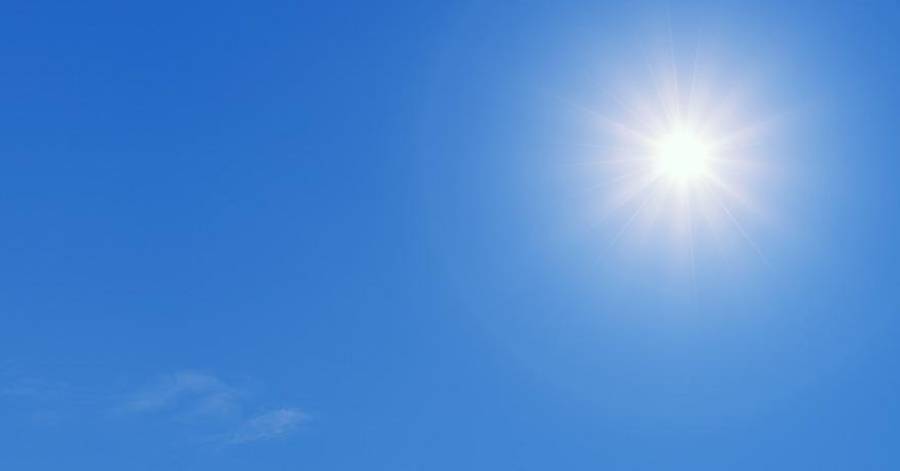Météo France has just placed the Hérault department on heat wave yellow vigilance from Friday July 15 until Saturday July 16.
During these two days, temperatures will be between 33 to 35 degrees on the coast and 37 to 39 degrees in urban centers and the interior plains. Temperatures may locally reach 40 to 41 degrees.
Elderly or disabled people can register on the VIGILANCE register open at the CCAS in their city until the end of the summer.
Heatwave episode: the right things to do!
Exposure to high heat poses a significant risk to everyone’s health and especially to people the most fragile: the elderly, sick people under medical treatment or with disabilities, pregnant women, children and infants. Simple gestures make it possible to avoid serious accidents, such as dehydration or heat stroke. Do not hesitate to take all the precautions before the first signs of bodily suffering, even if they seem insignificant to you!
The main heat-related pathologies are fatigue, headache, nausea, muscle cramps, dehydration. The most serious risk is heatstroke, which can lead to death.
A heat wave is a period of high heat day and night for at least 3 consecutive days. It is therefore a period of intense heat for which the averages over 3 consecutive days of night and day temperatures reach or exceed the departmental thresholds, and which is likely to constitute a health risk, particularly for fragile or overexposed people.
Adopt the right reflexes
During the hot weather, protect yourself:
Stay cool. If your home cannot be cooled, identify air-conditioned or cool places near you and spend the hottest hours there: supermarket, cinema, library, museum…
Stay hydrated : drink water regularly without waiting to feel thirsty. Avoid sugary drinks and alcoholic beverages. Wet your body or take cool showers.
Wear light clothes that allow sweat to evaporate (e.g. cotton clothing), loose fitting and light-coloured.
Make some light and fractional meals. Prefer raw fruits and vegetables and cold dishes.
Prefer effortless activities and avoid physical activities intense: sport, gardening, DIY…
Be extra careful if you have a medical history and if you are taking medication, they can make the effects of the heat worse.
Call your relatives, friends or neighbours: don’t stay isolated.
Identify the signals that should trigger appropriate actions or the alert: puff of sweat while drinking a glass of water; no urine for about 5 hours or dark urine; cramps; tiredness, weakness; headache ; temperature above 39°C. See What are red flags and what to do if they appear? of the Ministry of Health.
If you feel unwell, call 15.
How to keep your home cool?
The easiest way to keep your home cool during hot spells is to keep the heat out. For this, Ademe offers a practical guide During a heat wave, how to keep your home cool this summer? who gives tips for staying cool without air conditioning!
Here are some recommendations for keeping your home cool:
During the day, close the shutters as soon as the sun hits the window or before leaving for work in the morning. Also close the windows as soon as the outside temperature exceeds that of your home. If your home has multiple exposures, keep windows closed on the sunny side and open on the shady side if it allows drafts.
To cool the rooms, by evaporating water, you can hang a damp cloth in front of an open window on the shaded side.
Open the windows at night and create air circulation to evacuate the heat stored inside.
Use fans and foggers. You can place an ice pack or a bag of ice cubes in front of a fan.
Avoid operating appliances that produce heat: hotplates, oven, etc.
Caring for the most vulnerable people
If you know elderly, disabled or frail people who are isolated, encourage them to register on the town hall register in order to receive volunteer help during a heat wave.
Stay in contact every day with the elderly, isolated or fragile (relatives, friends, neighbours) and check that they are not suffering from the heat.
–


